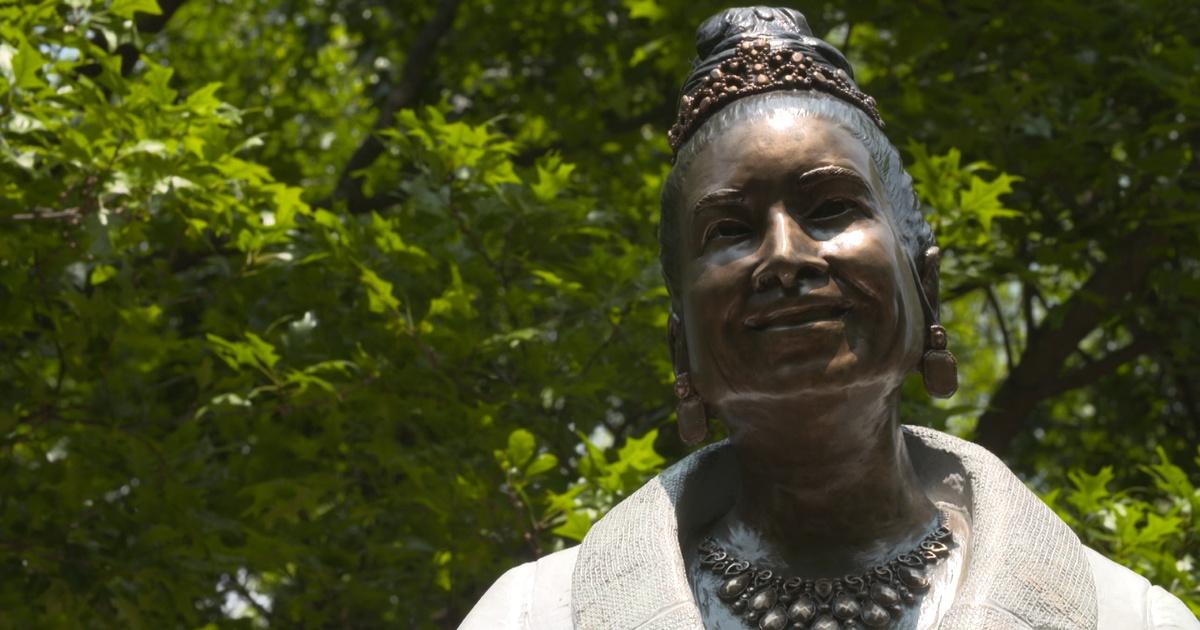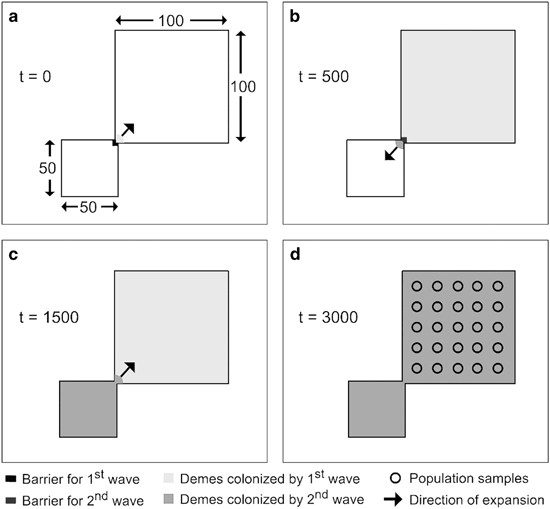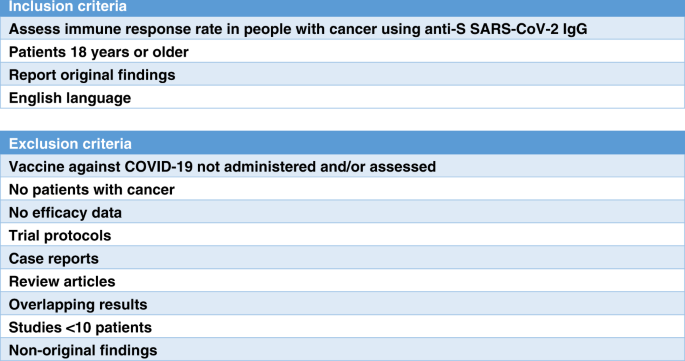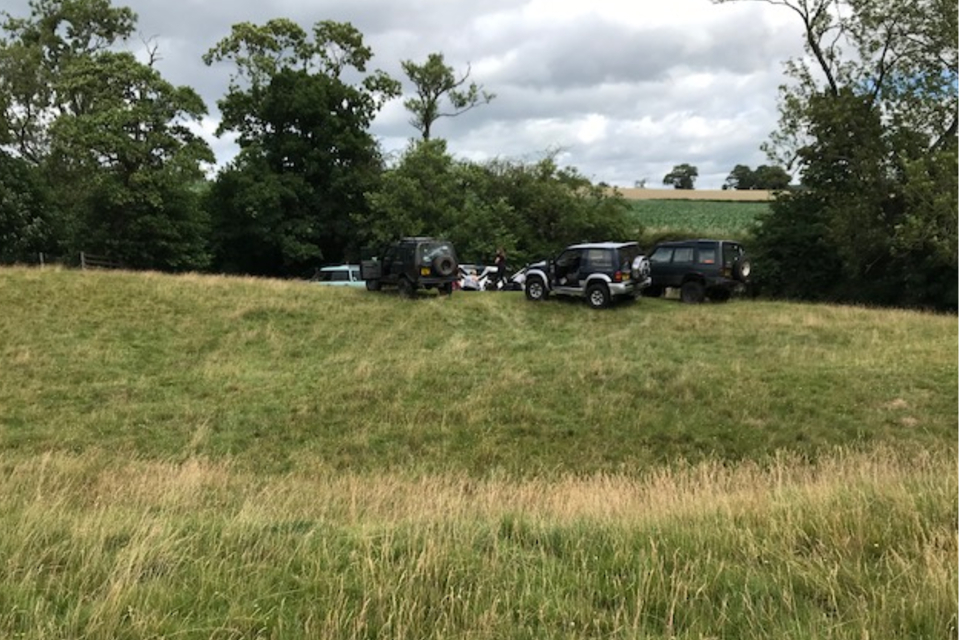- Select a language for the TTS:
- UK English Female
- UK English Male
- US English Female
- US English Male
- Australian Female
- Australian Male
- Language selected: (auto detect) - EN
Play all audios:
Warner Bros has some real trouble with the experts that the plaintiffs in the multi-million dollar _TROUBLE WITH THE CURVE _copyright lawsuit have been using. Real trouble. Like throwing
them and the whole case out of the game trouble for submitting “sanctionable” reports and not knowing what they are talking about. “Rather than show triable fact issues on the evidence
defendants actually offered, plaintiffs seek a hearing on other uncited evidence, calling it a fraud. Such claims are irrelevant and recklessly false,” says WB legal team in a scathing reply
brief filed Saturday in federal court (read it here). “The Court need not address these sideshow attacks to grant this motion or bring this wasteful case to its much needed end.” WB adds.
RELATED: ‘Trouble With The Curve’ Plaintiff Claims Warner Bros “Manipulated” Evidence WATCH ON DEADLINE The studio wants Judge Dale Fisher to grant their December 4, 2013 motion to toss
the complaint that Ryan A Brooks and his Gold Glove Productions FILED ON OCTOBER 1 over the 2012 CLINT EASTWOOD–AMY ADAMS pic. Naming a whack of defendants including WB, Eastwood’s Malpaso
Productions and talent agencies UTA and Gersh in his multi-claim filing. Brooks alleged that the baseball movie credited to screenwriter Randy Brown was in fact lifted from a script written
by one Don Handfield for him years beforehand. Late last month, Brooks’ attorney Gerard Fox responded to WB’s summary judgment motion with claims that his experts had shown that the studio
“manipulated” computer disks and submitted “fraudulent documents.” Check your facts and your experts, WB fired back. “The report of plaintiffs’ document ‘expert’ is nothing short of
sanctionable. Rejected by courts across the country and terminated by the Secret Service when charged with perjury, Larry Stewart has been roundly criticized by courts for ‘manipulating’
evidence and giving ‘useless,’ ‘misleading’ opinions,” write WB lawyers Daniel Petrocelli, Matt Kline and Ashley Pearson of LA firm O’Melveny & Myer. “Stewart called the notebooks fakes,
but when deposed, conceded he mistakenly contaminated the ink-testing machine he used to justify this claim. Stewart also said the notebooks were frauds because they commercially
unavailable in the 1990s. This, too, is abjectly false, as public archives show,” they add in a one-two punch citing a recent deposition in the case by Stewart. “Plaintiffs’ computer expert,
Reschke, has never submitted an expert report before and concedes he did not write large portions of his report,” the trio say of the former U.S. Army Counterintelligence Special Agent the
plaintiffs brought in as their digital investigator. “When confronted with alternative explanations for key opinions, he said he did not know and needed to talk to his colleague, who wrote
large portions of his report (yet is neither disclosed as an expert nor a signatory to the report),” the 16-page February 7 filing adds. “When Reschke was shown that the dating anomalies he
cited were not the result of manipulation, but instead, e.g., reflected original factory date-stamps, he disclaimed his expertise and asked to talk to his co-author and another unnamed
consultant whom he has never even met.” A hearing on the summary judgment motion is set for February 24. You might want to bring a mask as well as a glove because lawyers on both sides are
going to be throwing a lot around.







